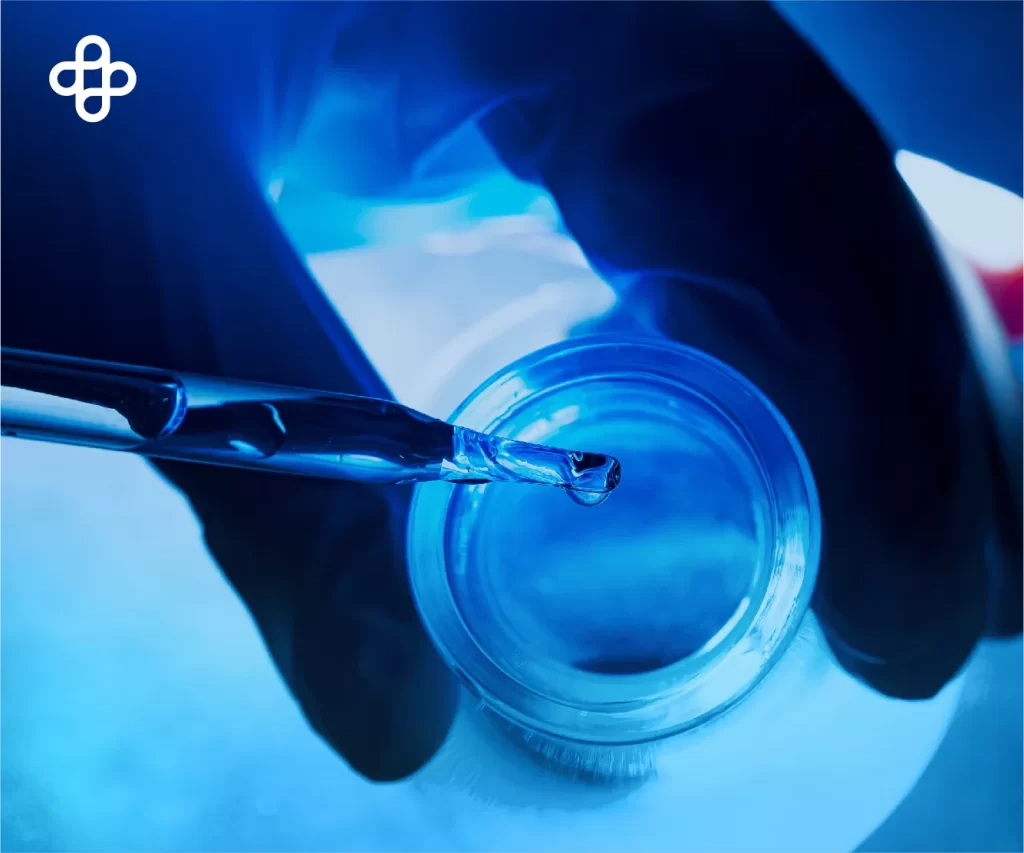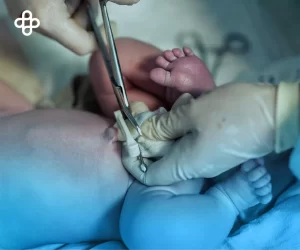Trial of an umbilical cord stem cell drug to treat rheumatoid arthritis.
The U.S. Food and Drug Administration (FDA) has approved research with a drug using umbilical cord mesenchymal stem cells. The goal is to treat rheumatoid arthritis. “BX-U001 would have the potential to alleviate the symptoms of this disease and prevent the disabilities it causes in the joints in the more advanced stages.”
Baylx, a U.S. biopharmaceutical company focused on the development of stem cell therapies, has announced the approval by the U.S. Food and Drug Administration (FDA) for the Investigational New Drug Application of BX-U001. An investigational new drug using human umbilical cord tissue mesenchymal stem cells to treat patients with rheumatoid arthritis.
Clinical trials with umbilical cord stem cells to treat rheumatoid arthritis to begin later this year
Rheumatoid arthritis is a chronic autoimmune inflammatory disorder that occurs when the immune system mistakenly attacks the body’s tissues. It affects the lining of joints, causing painful swelling that can lead to bone erosion and deformity. In some patients, it can also damage various body systems, including the skin, eyes, lungs, heart, and blood vessels.
Before this U.S. approval, Baylx’s strategic partner in China, Beijing Beilai Biosciences Co. Ltd, is a leading stem cell biotechnology company in the Asian country. It received approval to conduct clinical trials with this same product. This was granted by the National Medical Products Administration (NMPA) in that country.
Viable and fresh stem cells
“Our stem cell products differ from other candidates in that the stem cells are obtained shortly before administration to the patient to keep them fresh and retain their optimal viability as well as their biological activities without the supplementation of any cryoprotectant,” said Dr. Wenbin Liao, CEO of Baylx.
“It is in line with our firm belief that the aptitudes of the cells at the time of administration are an important factor for the effect of the therapy.”
Revolutionary umbilical cord stem cell therapy to treat rheumatoid arthritis
“While it is a challenge for us because of the manufacturing process and testing, we have been able to solve it after a decade of intense research, development, and a lot of dialogue with the FDA and NMPA,” Dr. Liao said.
“Current interventions do not prevent lesion progression in patients with rheumatoid arthritis. We believe that BX-U001 has the potential to inhibit inflammation, and slow or prevent the process of degeneration in joints, not only to relieve symptoms but also to prevent the disabilities usually produced by joint deterioration in the advanced stage of the disease.
We are hopeful that BX-U001 could be a revolutionary therapy,” he concluded.
Mesenchymal stem cells have great potential for the treatment of many inflammatory diseases, among others.
Baylx is also developing the hUC-MSC product for other pathologies, such as inflammatory bowel disease, multiple sclerosis, liver cirrhosis, or stroke.
Mesenchymal stem cells are obtained from many sources and can be easily isolated and cultured. They have the capacity for amplification and self-renewal, low capacity to generate immune response, and properties to modulate the immune system. And under certain conditions, they can differentiate into other cells.
In the cardiovascular system, they can protect the myocardium by reducing the level of inflammation and promoting myocardial cell differentiation around areas of infarction and angiogenesis (blood vessel formation).
They also increase resistance to apoptosis (cell destruction caused by the organism itself) and inhibit fibrosis.
These qualities make mesenchymal stem cells ideal for cardiovascular repair.

Promising treatment for a public health problem
Cardiovascular diseases have become a public health problem due to their high morbidity and mortality rate. They are caused by infectious and non-infectious factors, and the incidence of the latter (especially ischemic cardiovascular diseases, such as myocardial infarction) is likely to increase in the coming decades.
Drugs and surgery alleviate the symptoms of heart failure but cannot restore dead heart cells. That is why the search for a new way to treat heart failure after myocardial infarction has begun.
Heart transplantation remains the only cure, but donated organs are scarce and the expense of the operation limits the development of this method. Thus, a decade ago the use of stem cells emerged as a promising treatment for heart disease.
The discovery forty years ago
Adult stem cells are multipotent, self-renewing stem cells that can differentiate into various cell types.
In 1970, Friedenstein discovered a rare type of stromal cells in human bone marrow: mesenchymal stem cells.
They are also found in adipose tissue, umbilical cord, lung tissue, synovial membrane, endometrium, and peripheral blood.
Currently, the most commonly used mesenchymal stem cells in clinical studies are mainly derived from bone marrow, adipose tissue, and umbilical cord blood.
Upcoming challenges in mesenchymal stem cell therapy
Despite their advantages for the treatment of cardiovascular diseases, the use of mesenchymal stem cells still faces some challenges.
The feasibility and safety of therapy with these cells have been proven in clinical trials, but the optimal dose and route of administration for the treatment of myocardial infarction must be studied.
Nevertheless, they remain a promising form of cell therapy.
We invite you to learn more about stem cells in our article, What are stem cells?




